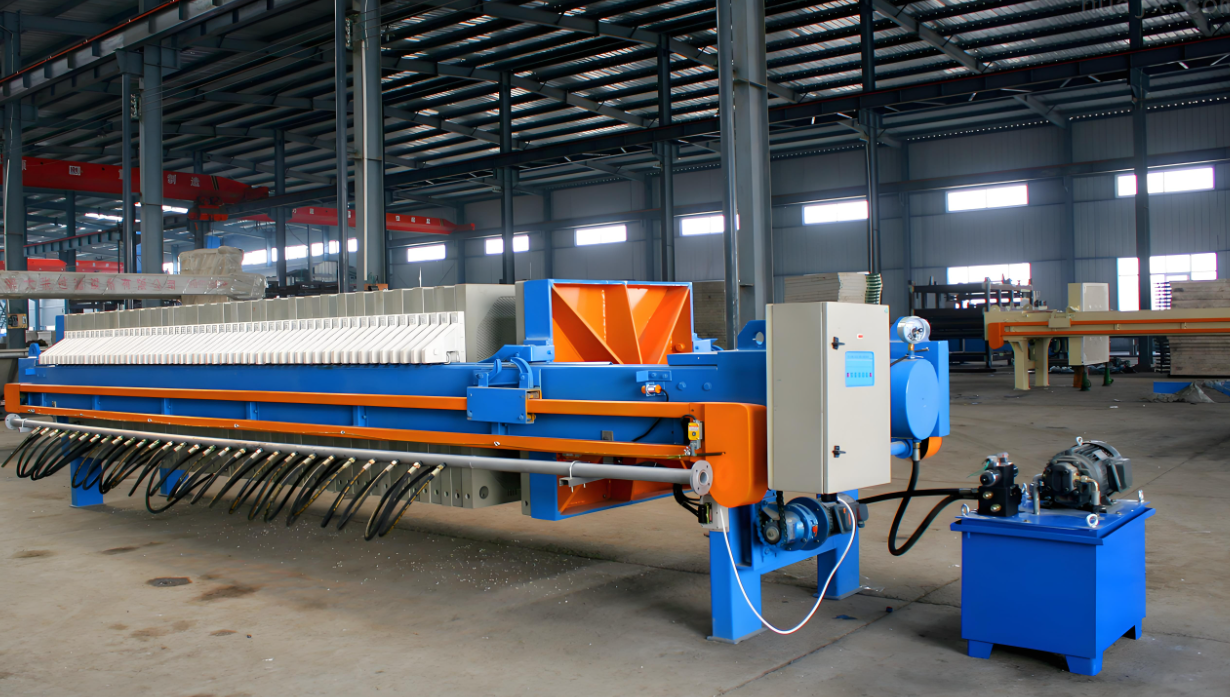NEWS&EVENTS
Home > News&Events > Company news > How to select a filter press in antimony electrolysis production
In the electrolytic antimony production process, the filter press, as a key solid-liquid separation device, directly affects production efficiency, product quality, and operational safety. To ensure that the filter press can adapt to the special environment of electrolytic antimony production and meet process requirements, selecting a suitable filter press requires comprehensive consideration of multiple factors. The following details how to scientifically and rationally select a filter press for electrolytic antimony production from four aspects: filtration pressure, filter plate material, filter cloth selection, and degree of automation.

Filtration pressure: The appropriate working pressure needs to be selected based on the characteristics of the anode mud and process requirements. Different anode mud compositions and particle size distributions have different filtration pressure requirements; excessively high or low pressures may affect the filtration effect and production efficiency.
Filter plate material: Since the electrolyte is usually acidic, the filter plate and the parts in contact with the liquid must be made of corrosion-resistant materials to effectively resist the erosion of the acidic electrolyte and extend the service life of the equipment.
Filter cloth selection: The material and pore size of the filter cloth are crucial, directly affecting filtration accuracy, efficiency, and lifespan. It is necessary to select a filter cloth that is acid-resistant, breathable, and has suitable retention accuracy to ensure effective retention of solid particles while maintaining a high filtration rate during the filtration process.
Automation level: Modern antimony smelters mostly use fully automatic filter presses, which can automatically pull plates, unload materials, and clean filter cloths, greatly improving efficiency and reducing labor intensity and the risk of human contact with harmful substances. Increased automation not only improves production efficiency but also improves the working environment and ensures the safety of operators.
In summary, selecting a filter press for antimony electrolysis production requires comprehensive consideration of multiple factors, including filtration pressure, filter plate material, filter cloth selection, and degree of automation. Through scientific and rational selection, the filter press can ensure optimal performance in antimony electrolysis production, improve production efficiency, reduce production costs, and simultaneously guarantee the safety and health of operators.